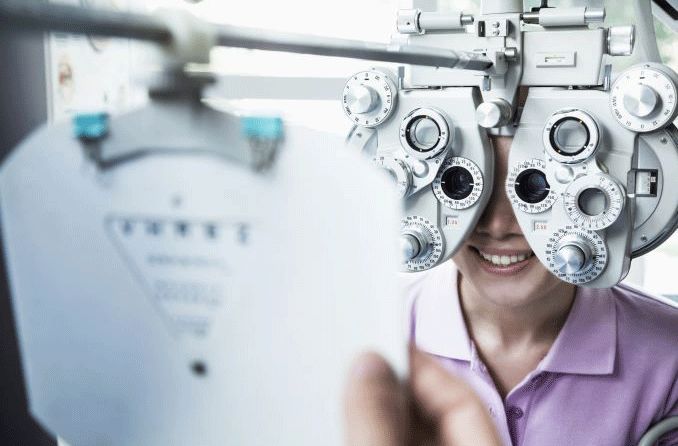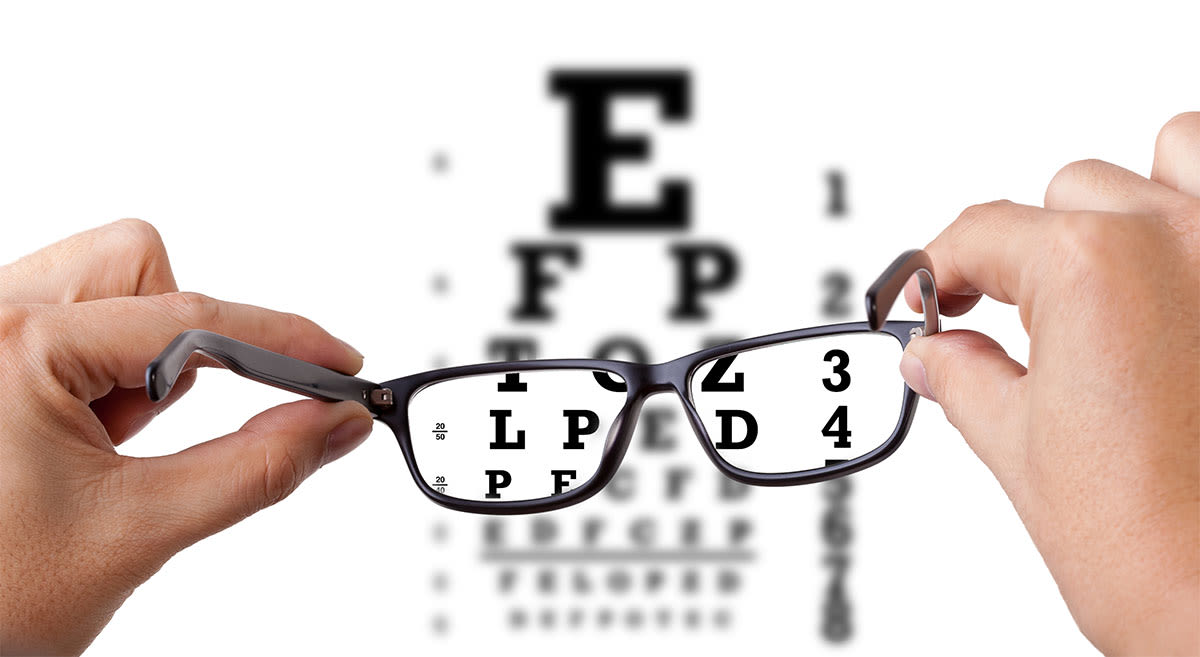FSA vision: 5 ways to use your FSA for vision care

A flexible spending account (FSA) lets you set aside money from each paycheck before tax to contribute to medical bills and health-related expenses throughout the year.
Though only a portion is taken from your paycheck each month, the entire value of your account is available to use at any time for vision, dental and other healthcare expenses.
As you decide where to spend your FSA funds, remember that you must use them before the beginning of the next calendar year. Unlike health savings accounts (HSAs), the money from a flexible spending account usually does not roll over once the calendar year ends.
FSA vision care: your spending options
When it comes to using FSA dollars for vision care, there are many great eligible expenses, including:
Prescription eyeglasses
Prescription sunglasses
Reading glasses, prescription and non-prescription
Contact lenses and contact lens care
Eye exams and some procedures
Before choosing where you will spend your FSA dollars, it is recommended that you check with your FSA provider or your employer’s human resources department on exact coverage details.

FSA for prescription eyeglasses
As long as you have a prescription, you can use your FSA to purchase prescription eyeglasses from typically any prescription eyeglasses retailer.
Can FSA be used online? Yes, many online eyeglasses and contact lens vendors accept payment through FSA. If you have an FSA spending card, simply enter the card details at checkout to pay for your glasses or contacts.
If you do not have an FSA spending card, enter the details of a regular debit or credit card and send a copy of your receipt to your provider for FSA reimbursement.

FSA for prescription sunglasses
Like prescription eyeglasses, prescription sunglasses are FSA eligible as long as you do in fact have a prescription.
Though many sunglasses technically provide legitimate protection for eyes against ultraviolet radiation, FSA dollars can only be used for sunglasses if they have prescription lenses.
Prescription sunglasses can be purchased using FSA funds both in person and online.
SEE RELATED: FSA enrollment

FSA for reading glasses
Reading glasses, both prescription and non-prescription, are FSA eligible. This includes reading glasses purchased in person and at online retailers.
Around age 40, many adults will begin to experience age-related farsightedness (presbyopia), and reading glasses may become part of a regular routine. Using an FSA to purchase reading glasses may be a great option for those who do experience presbyopia (or other farsightedness).

FSA for contact lenses and lens care
All contact lenses that are designed to correct vision problems are FSA eligible. Contact lens cases, solutions and eye drops for contact wearers may also be purchased with an FSA account, depending on the particular product.
If purchasing contact lens care online or in person, look for the option (or ask a pharmacist for the option) to pay using your FSA card. If this option is not available, send a copy of your receipt to your FSA provider for reimbursement.
Since some brands of contact lenses and care may not be eligible under your plan, be sure to contact your provider for information before making a purchase.

FSA for eye exam copays
Are eye exams FSA eligible? Yes.
Even if you don’t wear eyeglasses or contact lenses, an annual eye exam is important for the overall health of your eyes and vision, both long and short term.
FSA for LASIK and other procedures
Depending on your plan, some laser eye surgeries and other procedures may be partially covered by your FSA. However, to be an FSA-eligible expense, surgeries like LASIK may need to be considered “medically necessary.”
Check with your FSA provider and eye doctor for details about procedures before scheduling.
SEE RELATED: FSA contribution limits
What does FSA not include?
Your FSA can help pay for prescription eyeglasses, sunglasses and contact lenses. However, it does not include non-prescription eyewear (except reading glasses). This is important to remember when shopping with retailers that include both prescription and non-prescription options.
Non-prescription colored contact lenses are also not eligible for purchase with an FSA.
Some insurance companies may have restrictions on certain brands, types and styles of contact lenses and other eyewear. If you have any hesitation or concerns, contact your provider for more information before making a purchase.
And remember — it’s not just vision care that your FSA covers — you can use it on medical and dental expenses, too.
Page published on Wednesday, August 14, 2019




